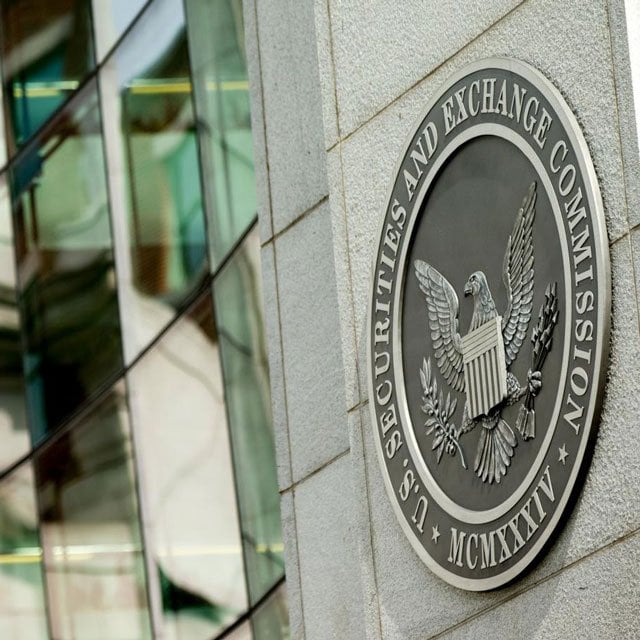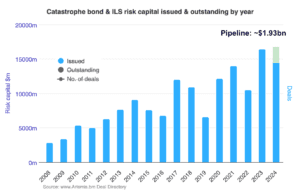SEC Votes to Expand Advisor Custody Rule

What You Need to Know
The rule will apply not just to client securities and funds but to any client assets under advisor custody, including cryptocurrencies.
An RIA trade group finds the short implementation timeline concerning.
The SEC also voted to shorten the standard settlement cycle to one business day (T+1).
The Securities and Exchange Commission voted Wednesday to expand the scope of the current advisor custody rule beyond client funds and securities to include any client assets of which an advisor has custody, including cryptocurrencies.
The SEC proposed a new rule under the Investment Advisers Act of 1940 to address how RIAs safeguard client assets, which “uses the more expansive and explicit language employed by Congress in empowering the Commission to develop rules to protect client assets” when advisors have custody.
“I support this proposal because, in using important authorities Congress granted us after the financial crisis, it would help ensure that advisers don’t inappropriately use, lose, or abuse investors’ assets,” SEC Chairman Gary Gensler said Wednesday during the open meeting.
“In particular, Congress gave us authority to expand the advisers’ custody rule to apply to all assets, not just funds or securities,” Gensler said. “Further, investors would benefit from the proposal’s changes to enhance the protections that qualified custodians provide. Thus, through this expanded custody rule, investors working with advisers would receive the time-tested protections that they deserve for all of their assets, including crypto assets, consistent with what Congress envisioned.”
Congress, Gensler added, “granted us new authorities in 2010 in response to the financial crisis and Bernie Madoff’s frauds.”
These authorities, Gensler continued, “are important, as investment advisers advise investors or funds with literally trillions of dollars of assets under management. They advise hedge funds, pension and retirement funds, endowments, or the public via robo-adviser apps.”
The proposal would cover all asset classes that an advisor may custody, such as privately issued securities, real estate and derivatives. “Assets,” the SEC explained, would mean “funds, securities, or other positions held in a client’s account.”
Like the current rule, Gensler said, the proposed rule “would entrust safekeeping of client assets to qualified custodians, including, for example, certain banks or broker-dealers.”
Gail Bernstein, general counsel for the Investment Adviser Association in Washington, explained in an email to ThinkAdvisor that the SEC’s plan is a ”redesignation of the current custody rule to the proposed new safeguarding rule.”
A Tight Timeline
The SEC’s plan, Bernstein said, “expands the reach of the [custody] rule well beyond what it is today. It will expand from covering a client’s funds and securities to include all assets in a client’s portfolio with an adviser, like crypto, derivatives, real estate and more. This expansion will have important implications for advisers, clients and the markets.”
IAA, Bernstein said, is “concerned that today’s proposal will substantially extend the current Custody Rule with a very tight timeline in light of its complexity and the very full regulatory agenda. This will make thoughtful and thorough input very challenging, especially given how the many outstanding proposals might interact with one another.”
Bernstein added that IAA is “just beginning to analyze the proposal, and will work closely with our members to assess its implications,” but the plan “is a major departure from how the rule will treat an adviser’s discretionary advice and will subject all of an adviser’s authorized trading on behalf of its clients to the new rule. This narrows even further a position the SEC staff has taken over the past few years applying the Custody Rule differently based on how a transaction settles.”






